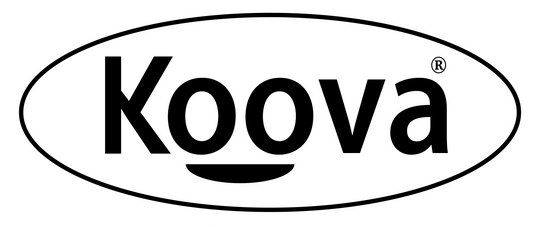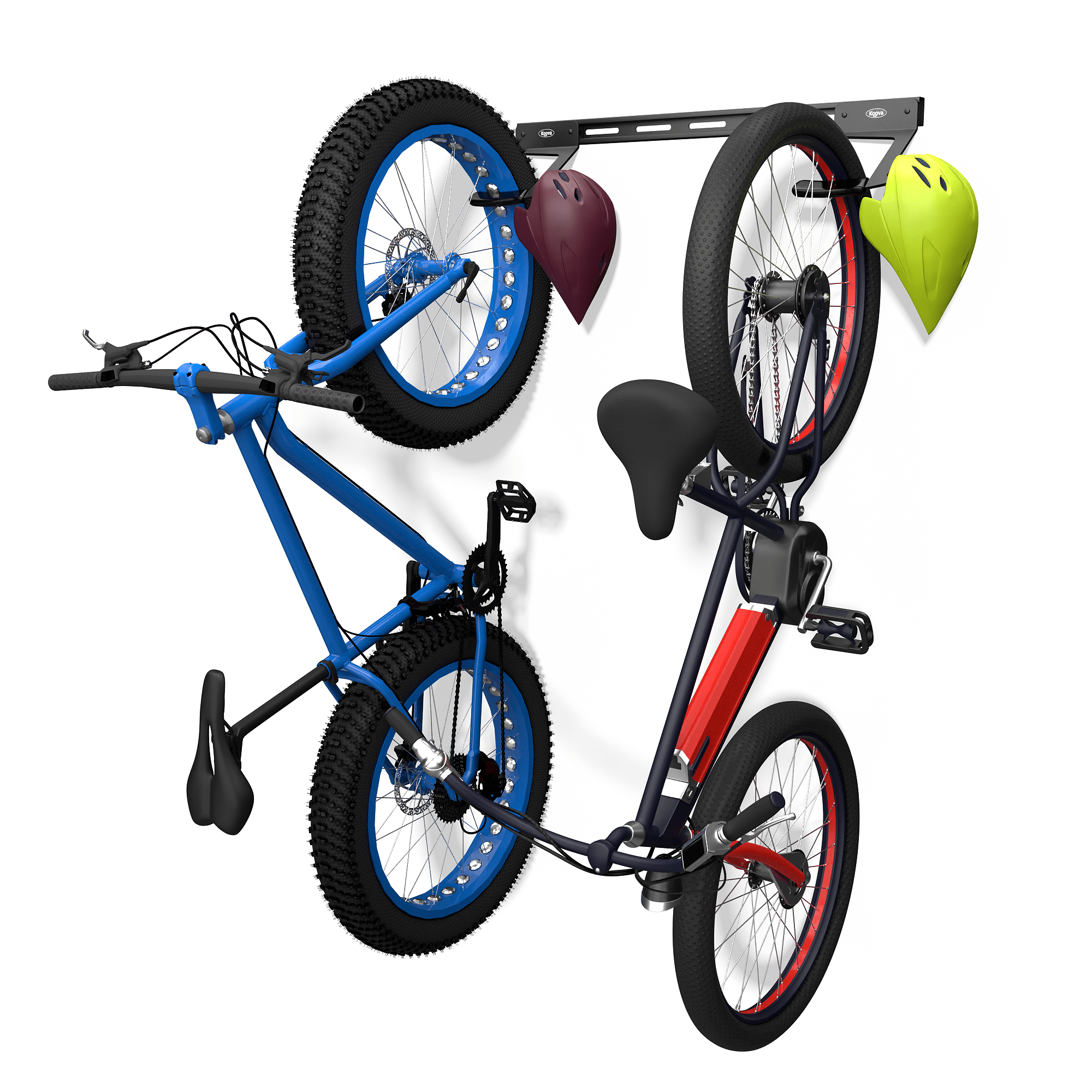Frequently Asked Questions
1. Why is creating a daily routine important for organization?
2. What are the first steps to establish an effective daily organization routine?
3. How can I turn my routine into a habit?
4. What should I do if my life changes and affects my routine?
5. How can I incorporate self-care into my daily routine?
In today's fast-paced world, staying organized can feel overwhelming. The key to success often lies in creating a routine that not only enhances your productivity but also reduces stress. This blog post will guide you in establishing a daily organization routine that works for you, allowing you to maximize your efficiency. Whether you're a busy professional, a student, or a parent, mastering your daily organization is essential for achieving your goals and maintaining balance in life.
Understanding the Importance of a Daily Routine
Creating a routine is the foundation of effective organization. Routines help instill a sense of discipline and streamline your day-to-day activities. Here are a few reasons why establishing a routine can be a game-changer for your organizational skills:
- Boosts Productivity: A well-structured routine allows you to manage your time efficiently, leading to increased productivity.
- Reduces Stress: Knowing what to expect during your day can alleviate anxiety and make tasks feel more manageable.
- Improves Focus: A defined routine helps minimize distractions, enabling you to concentrate on the task at hand.
- Builds Healthy Habits: Consistently following a routine can promote positive habits that enhance your overall well-being.
Steps to Create an Effective Daily Organization Routine
1. Evaluate Your Current Schedule
The first step in creating a daily routine is to assess your current schedule. Take a week to track your activities, noting any patterns. This will help you identify where you may be wasting time, as well as tasks that require more focus.
2. Set Clear Goals
Goals provide direction and motivation. Determine what you want to achieve each day, whether it's completing a project, exercising, or spending time with family. Write down your goals to keep yourself accountable.
3. Prioritize Your Tasks
Not all tasks are created equal. Prioritize your daily activities by differentiating between urgent and important tasks. Consider using a simple system like the Eisenhower Box to categorize your tasks and help decide what to tackle first.
4. Block Your Time
Time blocking is a popular method that involves dividing your day into chunks dedicated to specific activities. Allocate specific time slots for work, breaks, and personal time. This method can help you stay on task and ensure that you are not overcommitting yourself.
5. Prepare Tools for Organization
With the right tools, maintaining your organizational routine can become a breeze. You might consider utilizing digital calendars, task management apps, or even a simple planner. Choosing tools that resonate with you can really enhance your productivity.
6. Set Up Your Environment
Your workspace should be conducive to focus and productivity. Invest in organizing tools, such as storage bins or a double grease gun holder, to keep your space tidy. A clutter-free environment can significantly improve your efficiency.
Turning Your Routine into a Habit
Establishing a daily organization routine is one thing, but turning it into a consistent habit is another. Here are a few tips to help you solidify your routine:
- Start Small: Begin by integrating one or two elements of your new routine into your day. Once those become habits, gradually add more.
- Stay Consistent: Consistency is key when forming new habits. Try to follow your routine daily, even on weekends.
- Track Your Progress: Keeping a journal or an app can help you see your progress. It can motivate you to stick to your routine when you see how far you've come.
- Reward Yourself: Treat yourself for completing your routine. Whether it's enjoying a favorite snack or watching your favorite show, rewards can keep you motivated.
Adapting Your Routine to Life's Changes
Life is unpredictable and your routine should be flexible enough to adapt. Here are some tips to help you adjust your organizational routine in response to changes:
1. Regular Reviews
Take time at the end of each week to review your routine. Are there areas where you struggle? Are you reaching your goals? This review can help you make necessary adjustments to optimize your routine.
2. Be Open to Change
As your life evolves, your routine should also change. Be open to re-evaluating and adjusting your goals as needed. Embracing change will help you remain productive, no matter what life throws your way.
3. Seek Support
Share your organizing goals with friends or family. They can help keep you accountable or even join you in creating a routine. Sometimes two minds are better than one, and having a partner can encourage you to stay on track.
Incorporating Self-Care into Your Routine
While it's vital to maintain productivity, don’t forget the importance of self-care. A well-rounded routine should include time for mental, physical, and emotional well-being. Here’s how to incorporate self-care effectively:
- Schedule Breaks: Short breaks during your work periods can improve focus and reduce fatigue.
- Stay Active: Include physical activity in your routine, even if it’s just a short walk. Movement can clear your mind and enhance your overall mood.
- Meditate: Spend a few minutes each day in quiet reflection. Meditation can reduce stress and improve mental clarity.
- Socialize: Allocate time for friends and family. Building connections is essential for emotional well-being.
Tools and Resources to Enhance Your Routine
With the right tools at your disposal, your daily organization routine can be even more effective. Here are some resources that can help:
1. Digital Apps
Numerous apps are available for time management and task tracking. Some popular options include:
- Trello: A visual tool that allows you to manage projects and tasks efficiently.
- Google Calendar: An easy way to organize appointments and reminders.
- Evernote: Perfect for jotting down notes, ideas, and reminders to keep your thoughts in order.
2. Organizational Supplies
Investing in organizational tools can make a significant difference. Consider using:
- Storage bins: Perfect for keeping your workspace or home tidy.
- Labels: Help you quickly identify contents of boxes and filing systems.
- Bullet journals: A creative way to track habits, goals, and daily tasks.
3. Inspirational Books
Various books can provide insight and techniques on time management and organization. Here are a few recommendations:
- The 7 Habits of Highly Effective People by Stephen R. Covey
- Getting Things Done by David Allen
- The Life-Changing Magic of Tidying Up by Marie Kondo
Final Thoughts on Elevating Your Organization Game
Establishing a daily organization routine may take time and effort, but the benefits are well worth it. As you get into the habit of organizing your day, you will find increased productivity, reduced stress, and a greater sense of accomplishment. Embrace the tools and techniques that work for you, and don’t forget the value of flexibility. Adjust your routine as life evolves, and remember to incorporate self-care into your daily activities. By doing so, you'll not only create a well-organized life but also a more fulfilling one.


